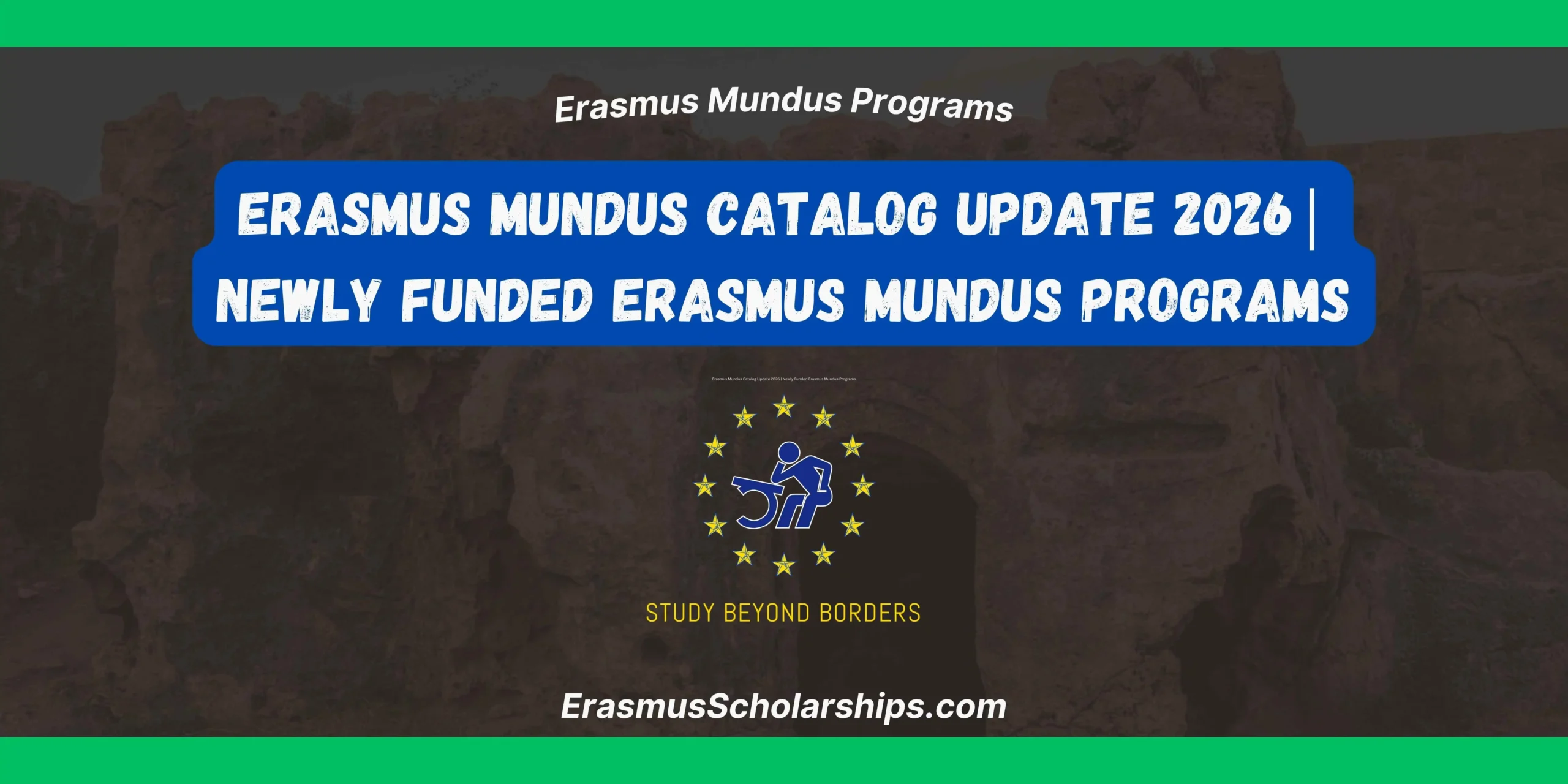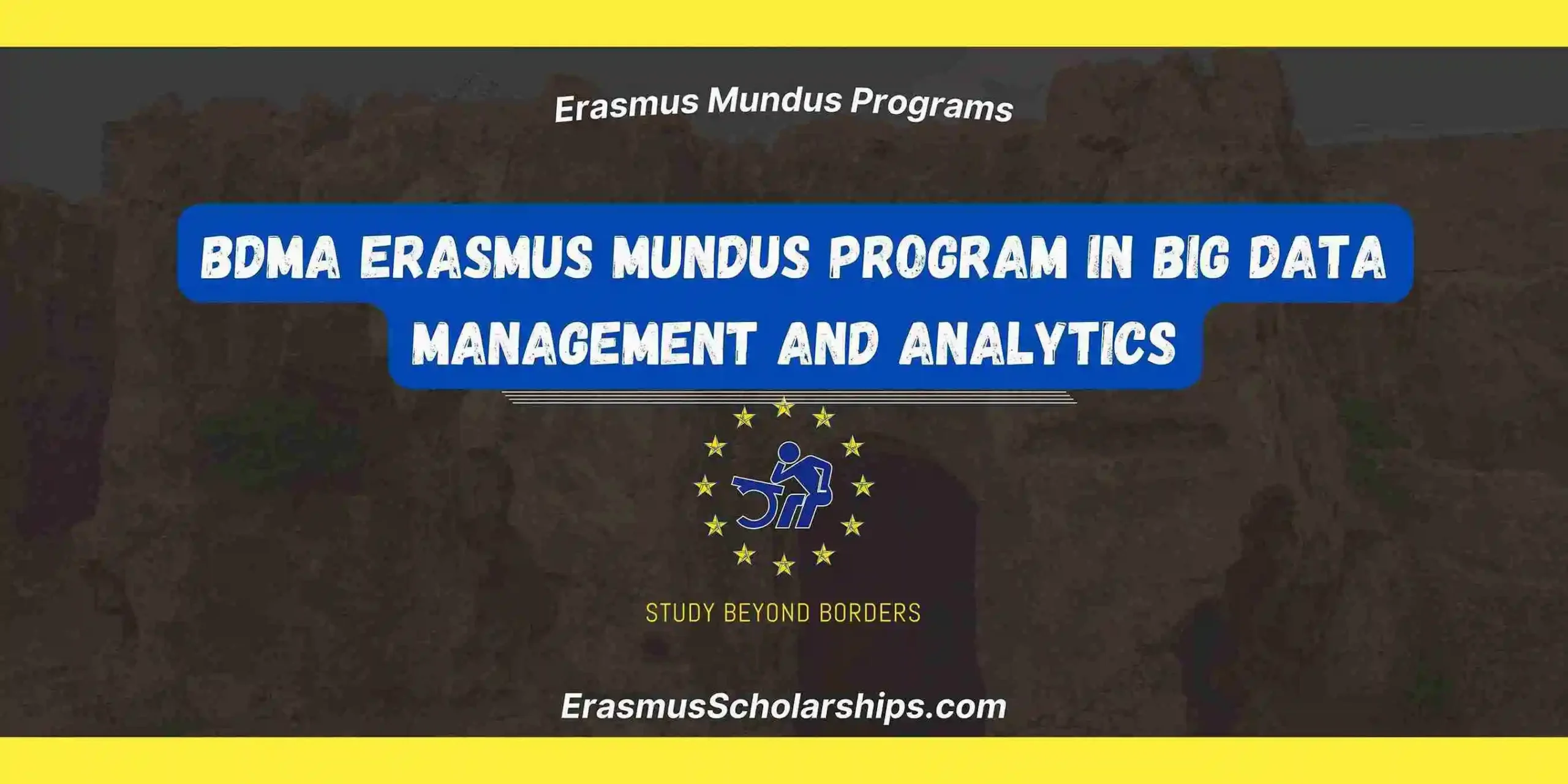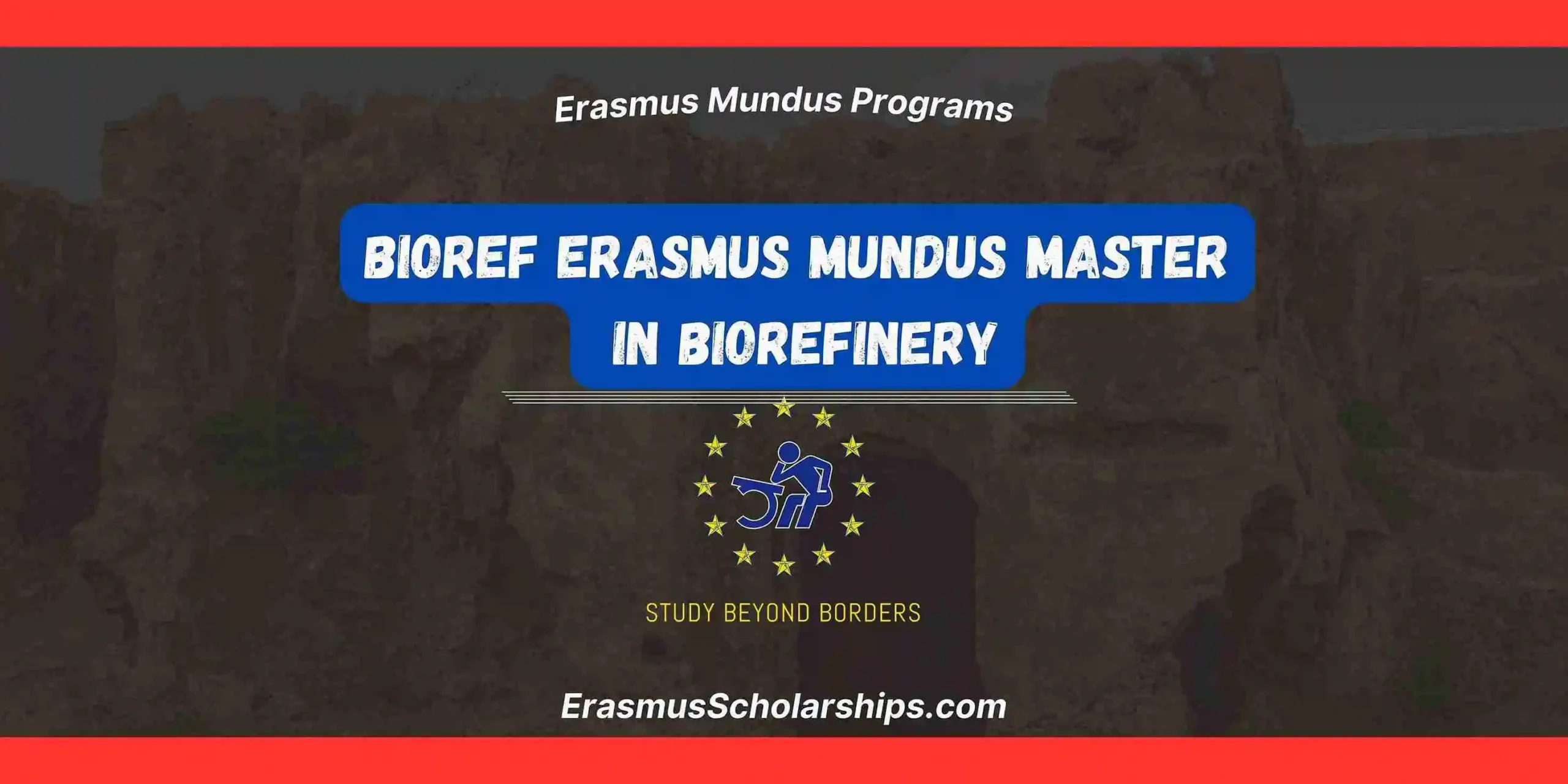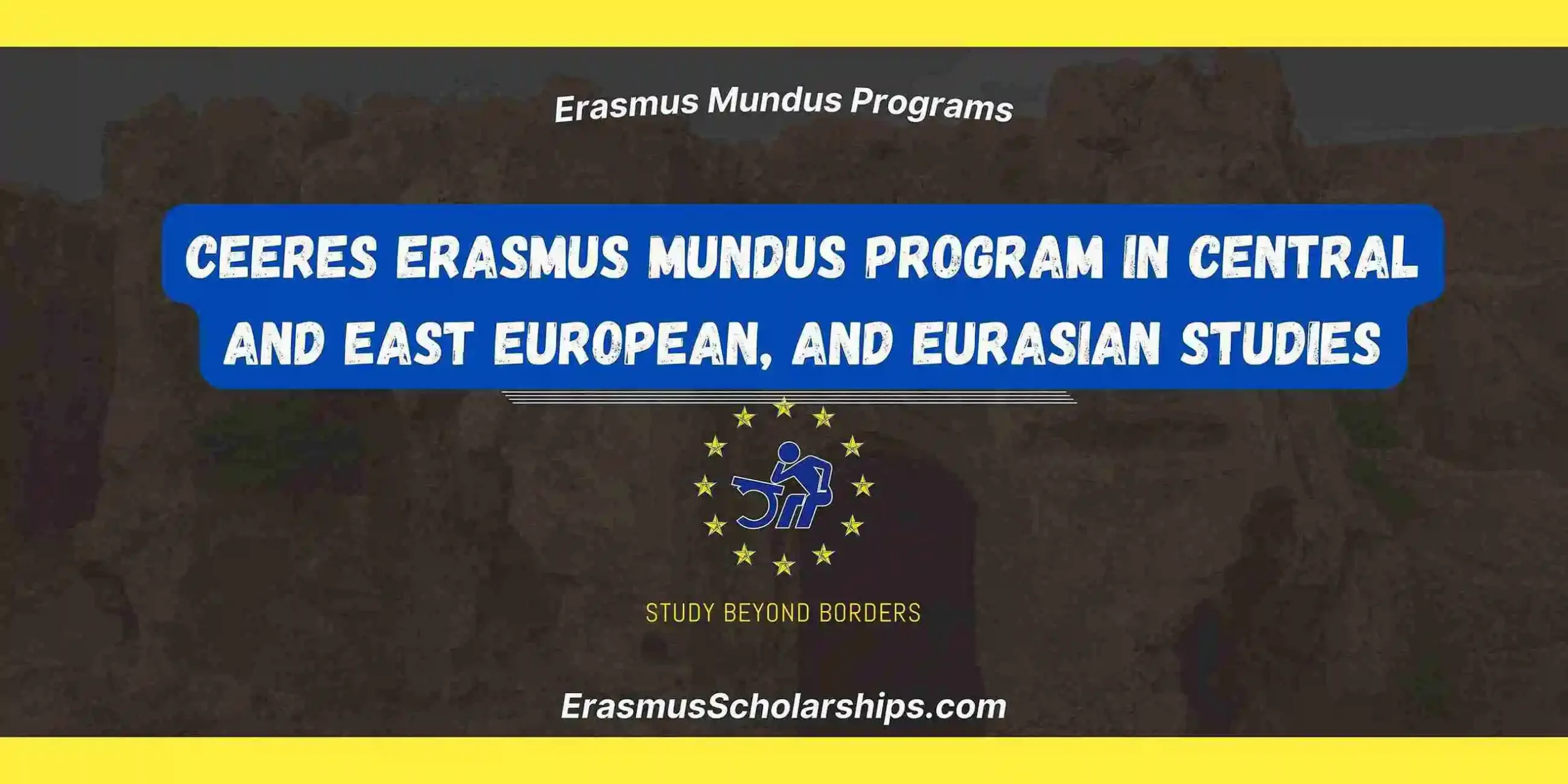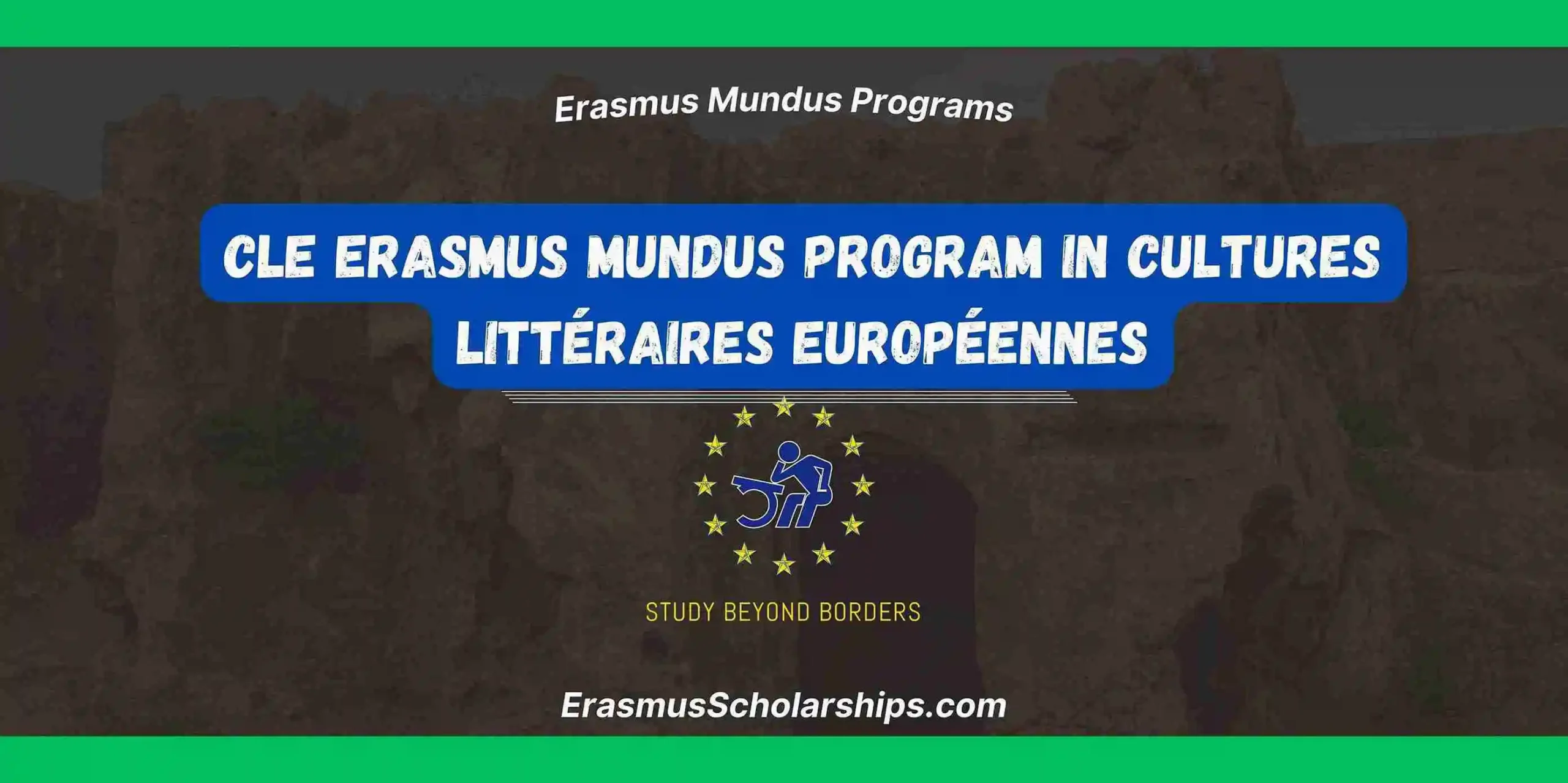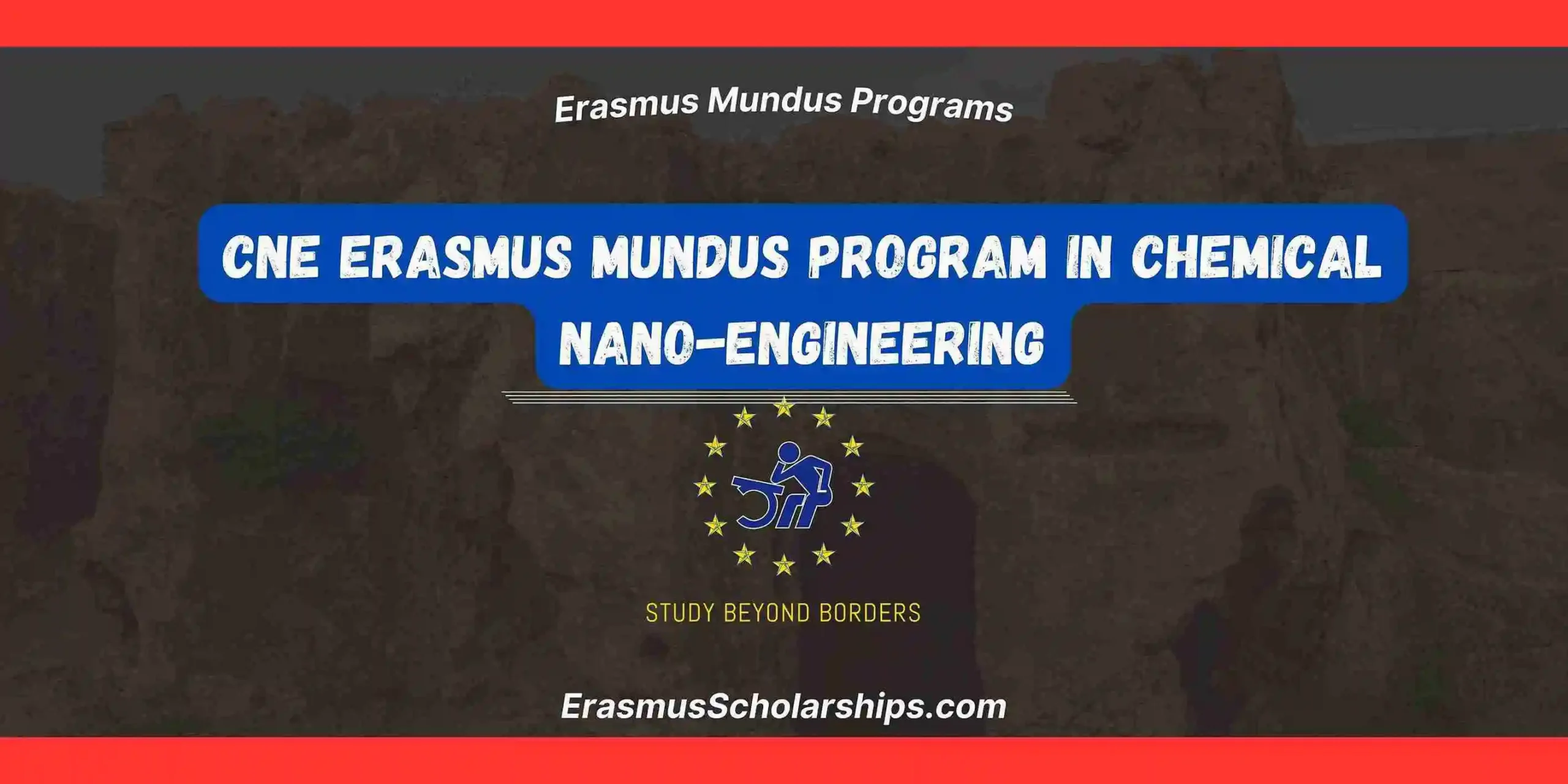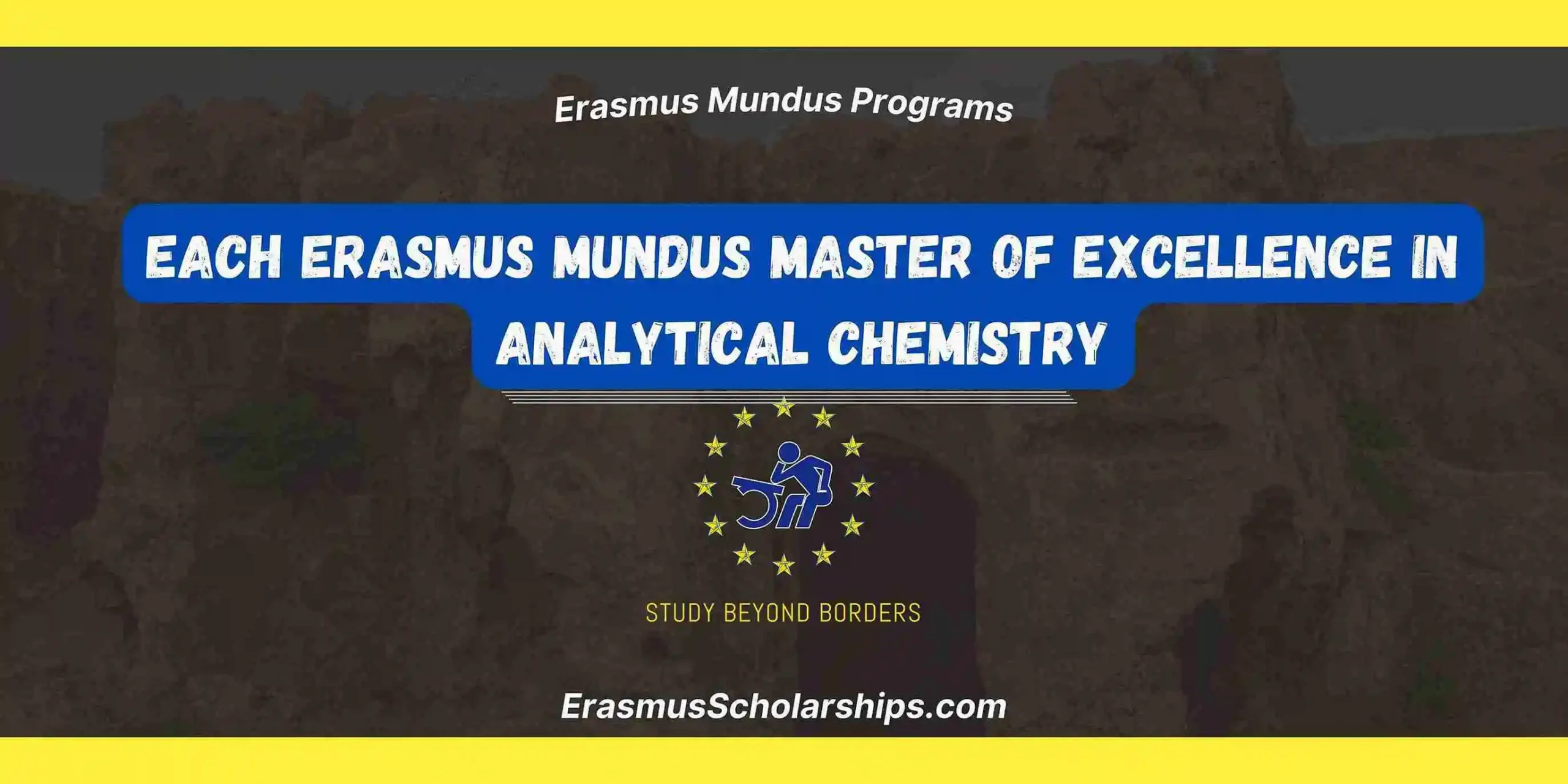The CCD-STeDe Erasmus Mundus program offers a unique interdisciplinary approach to the pressing issues of climate change, biodiversity, and territorial development. This two-year master’s program brings together top European institutions and international partners to train professionals who can design and implement sustainable solutions rooted in the principles of ecology, community participation, and socio-economic equity. The program emphasizes the transition from traditional agricultural practices to agroecological systems by integrating scientific knowledge, grassroots movements, and real-world practices across diverse geographies.
Designed for students with a passion for sustainable development and environmental transformation, the FCCD-STeDe Erasmus Mundus program combines academic rigor with practical fieldwork, policy engagement, and critical thinking. Participants benefit from international mobility, multicultural academic experiences, and collaborative learning environments. Whether you aim to work in NGOs, international agencies, or public policy sectors, this program equips you with the tools to become a changemaker in the global climate and territorial development landscape.
Project Status
- Status: Ongoing
- Start date 01-12-2022
- End date 31-01-2029
- Action Type: Erasmus Mundus Joint Master
- Universities Involved
- Countries Involved
The FCCD-STeDe Erasmus Mundus program offers a two-year Master’s in Climate Change and Sustainable Territorial Development across leading global universities, focusing on agroecological transitions and inclusive development.
| University of Padua |
| Universidad Andina Simón Bolívar |
| Universidade da Madeira |
| University Joseph KI-ZERBO |
| University of Johannesburg |
| Italy |
| Ecuador |
| Portugal |
| Burkina Faso |
| South Africa |
This cross-border collaboration allows students to gain an international perspective while studying and researching in the heart of Europe’s academic and industrial hubs.
Description of the FCCD-STeDe Erasmus Mundus Program
The FCCD-STeDe Erasmus Mundus program is a specialized master’s degree that addresses the urgent need for sustainable territorial development in the face of climate change and biodiversity loss. Through a unique combination of academic coursework, field-based research, and policy engagement, the program equips students with tools to manage ecological transitions and work alongside communities and institutions for climate justice.
Key Features of the FCCD-STeDe Erasmus Mundus Program
- Full Erasmus Mundus scholarships covering tuition, travel, and living expenses
- Emphasis on agroecology, sustainability, and territorial governance
- Interdisciplinary curriculum including geography, sociology, and environmental science
- Four distinct mobility paths with partner universities across four continents
- Strong emphasis on fieldwork, participatory methods, and real-world impact
- Multilingual and multicultural academic experience
Mobility Tracks of the FCCD-STeDe Erasmus Mundus Program
Students follow one of four mobility tracks, each focusing on a different aspect of territorial and climate development:
- Path 1 – Sustainability, Climate Change, and Development
- Universidad Andina Simón Bolívar (Ecuador)
- Path 2 – Regional and Local Studies
- Universidade da Madeira (Portugal)
- Path 3 – Territorial Management
- Université Joseph Ki-Zerbo (Burkina Faso)
- Path 4 – Environmental Management
- University of Johannesburg (South Africa)
Each track starts at the University of Padua (Italy) for the first semester, followed by mobility to the second institution for specialization, and concludes with thesis research.
Admission Requirements
Applicants to the FCCD-STeDe Erasmus Mundus program must meet the following criteria:
- Hold a Bachelor’s degree (180 ECTS) in fields such as environmental science, geography, urban planning, sociology, or related disciplines
- Demonstrate strong motivation for sustainability, territorial development, and climate justice
- Provide proof of English proficiency (e.g., IELTS 6.5+, TOEFL iBT 90+, etc.)
- Submit a complete application including CV, academic transcripts, motivation letter, and two recommendation letters
How to Apply for FCCD-STeDe Erasmus Mundus Program
- Go to the official program website
- Create an account and access the online application portal
- Fill in the application form carefully
- Upload all required documents in the specified format
- Submit your application before the deadline (typically in January)
Tips to Win the FCCD-STeDe Erasmus Mundus Program
- Make your motivation letter specific to agroecology, climate justice, and community work
- Highlight any relevant internships, volunteering, or activism (especially with environmental or social orgs)
- Showcase your intercultural experience or openness to working in diverse settings
- Get recommendation letters from professors or mentors who can vouch for your passion and commitment
- Be clear about which mobility track you’re most interested in and why
Application Timeline
- Opens: October
- Deadline: January
- Enroll: Starting September following selection
Curriculum Structure of the FCCD-STeDe Erasmus Mundus Program
- Semester 1: Core modules at University of Padua (Italy)
- Semester 2: Mobility to specialization university based on selected track
- Semester 3: Fieldwork and internship
- Semester 4: Thesis research and defense
Coordinator Contact
Email: info@ccd-stede.eu
Frequently Asked Questions (FAQs)
What is the FCCD-STeDe Erasmus Mundus program?
It’s a two-year master’s focusing on climate change, territorial governance, and sustainable development with multi-country mobility.
Which universities are involved in the FCCD-STeDe Erasmus Mundus program?
The program includes University of Padua (Italy), UASB (Ecuador), UMa (Portugal), UJKZ (Burkina Faso), and UJ (South Africa).
Is full funding available for the FCCD-STeDe Erasmus Mundus program?
Yes! Selected students get full Erasmus Mundus scholarships covering tuition, travel, and living costs.
Can I choose my mobility track in the FCCD-STeDe Erasmus Mundus program?
Yes, you can select one of four tracks based on your interests in environmental management, development, or governance.
What careers can I pursue after the FCCD-STeDe Erasmus Mundus program?
Graduates work in environmental NGOs, international agencies, sustainable development consultancies, and research.


